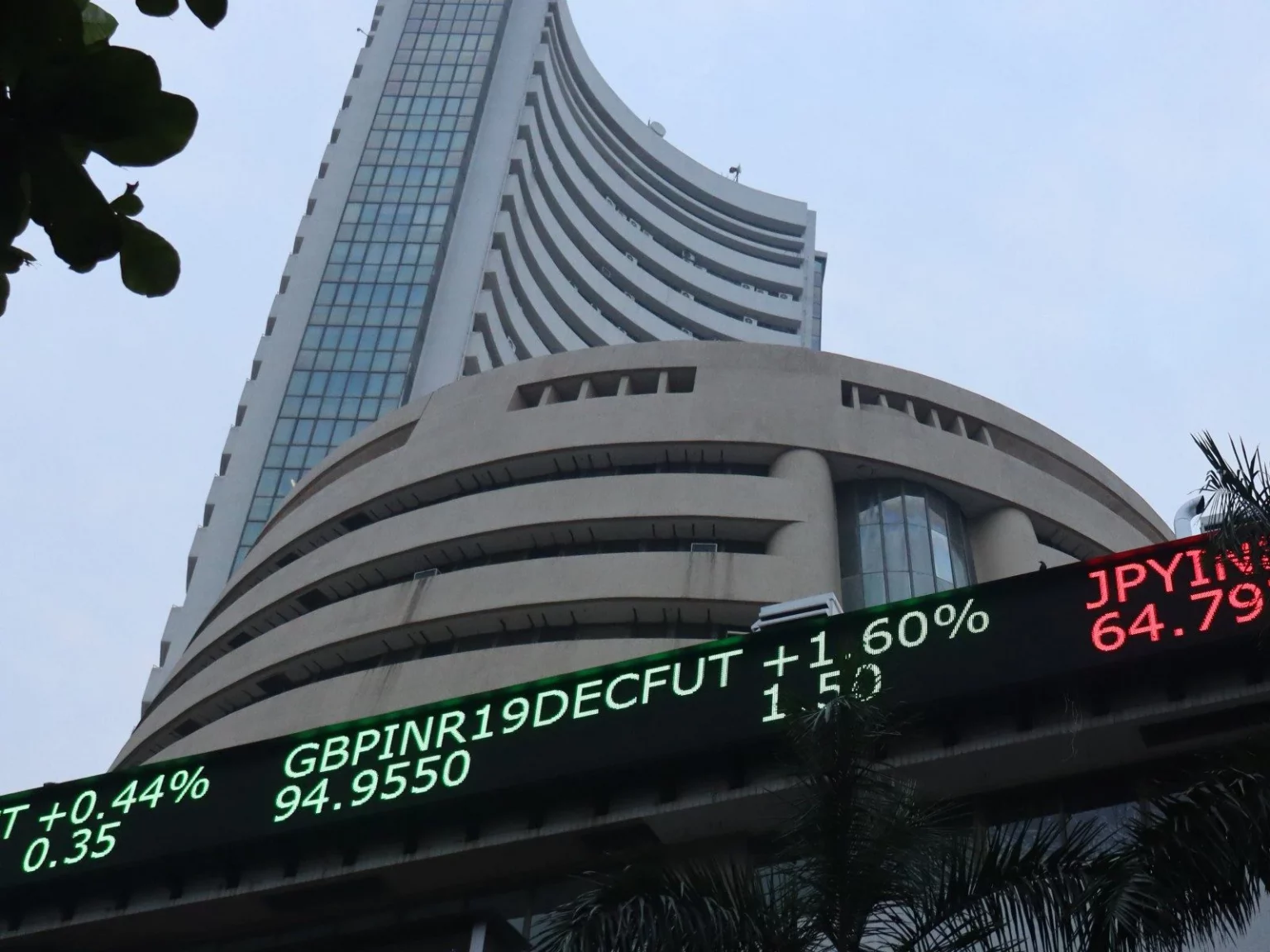As rising tensions between Russia and Ukraine frightened attitudes, markets saw a severe sell-off, losing roughly 5%. Investors opted out of riskier assets in favor of gold as a haven.
The Nifty index fell further lower, eventually settling at the day’s low to close at 16,247. All sectoral and broader indexes closed the day with severe cuts, in line with the benchmark.
The news of Russia’s invasion of Ukraine has rattled the markets, and it may continue to do so as more information emerges. The Nifty index has broken through its consolidation range, and it may find support in the 15900-16,000 level.
The world market was taken aback since it had not anticipated a war. It was expected that Biden and Putin would meet diplomatically.
The Ukraine situation worsened when Russia invaded Eastern Ukraine, sending markets worldwide into a tailspin. Crude oil prices have surpassed USD 100 per barrel, raising the risk of inflation.
Following news that Russia had launched military action against Ukraine, investors became nervous and pressed the panic button. Because the attitude on the global financial markets was gloomy, traders at home followed suit and clicked the sell button, resulting in widespread selling. Due to growing geopolitical concerns, the F&O expiry pressure also prompted investors to reduce their positions further. Technically, the benchmark Nifty has closed below the 200-day SMA for the first time in a long time and has also formed a long bearish candle on daily charts, implying additional weakening from current levels.
Given the current state of affairs, the index may trade lower between the highs of 16800 and 16,000 points. The market is correcting, and its corrective pattern will be completed between 16200 and 16000. 16400 and 16500 may work as intraday resistance for traders, while 16100-16000 may act as quick support.
In keeping with global markets, the Nifty has broken through a crucial support level of 16600 and has seen heavy selling pressure. We believe that volatility will stay elevated due to an external shock and that the March series will continue to be negatively biased. Long-term geopolitical tensions between Russia and Ukraine might exacerbate inflationary pressures, forcing policymakers worldwide to raise interest rates faster at the expense of economic development. The economic impact on the Indian economy is likely to be more short-term since the country’s economy will continue to be driven by long-term structural growth potential.
The Sensex closed at 54,529.91, down 2,702.15 points, or 4.72 percent, and the Nifty was at 16,248.00, down 815.30 points, or 4.78 percent. Approximately 240 shares have increased in value, 3084 shares have decreased in value, and 69 shares have remained steady.
All Nifty50 companies ended in the red, with the biggest losers being Tata Motors, IndusInd Bank, UPL, Grasim Industries, and Adani Ports.
The sectoral indices lost 3–8%, with the BSE midcap and small capped index losing more than 5% each
Edited By- Subbuthai Padma
Published By- Bharat Anand













